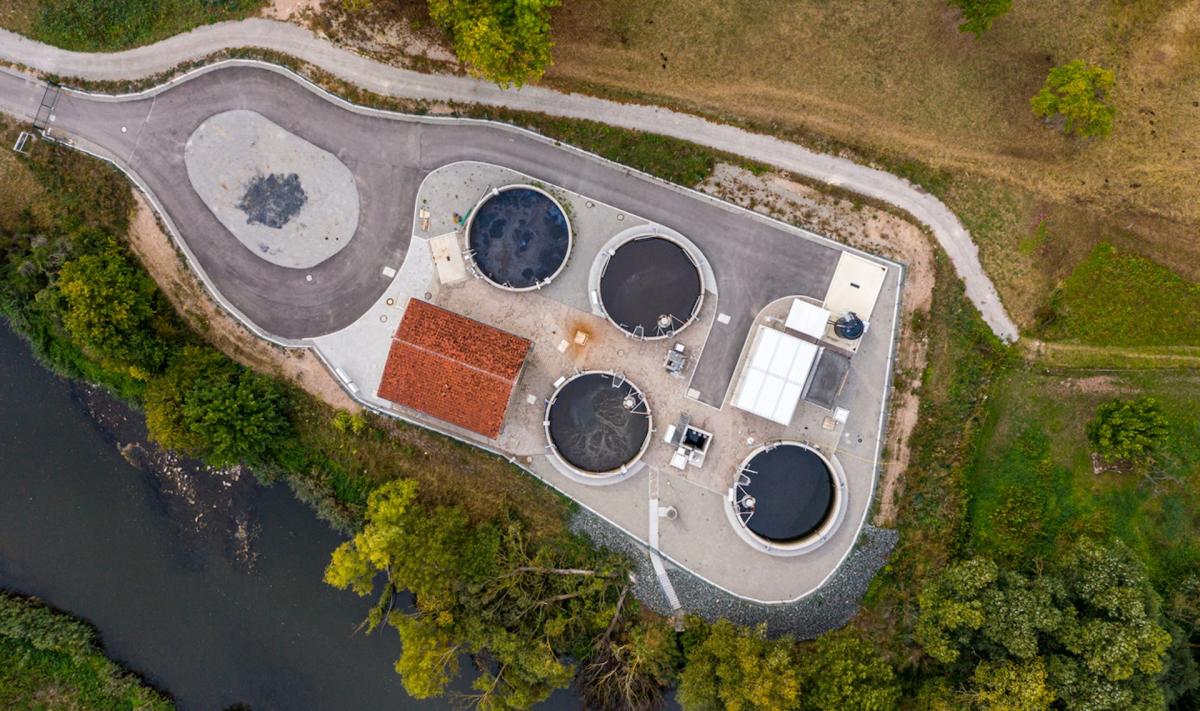Dust from crushing Dallas storm debris leads to college closure and triggers legal action

A dispute over how to remove debris from the Dallas storm could delay cleanup efforts after dust from a makeshift maintenance site clogged air conditioning units at a nearby vocational school.
The Medisend College of Biomedical Engineering Technology filed a temporary restraining order on July 3 to prevent the city from grinding rubble on 12 acres of vacant land behind its Greenville Avenue campus.
During a court hearing on Monday, attorneys for the school and the city agreed to a site visit to assess concerns and measures to control dust accumulation.
Judge Gena Slaughter adjourned the injunction hearing for 24 hours. Monica Uribe, a lawyer for the school, said Medisend would hire an independent expert to conduct the review.
According to court documents, school officials claim that in the middle of a scorching Texas summer, sawdust from shredding waste in wood chippers, mulchers and skid steers clogged the building’s heating, ventilation and air conditioning systems.
Defective air conditioning units forced the owners to cancel classes and close the school. Replacing the units could cost more than $50,000, and the revenue loss could be even higher, the documents say.
Medisend CEO Nick Hallack said that because the courses, offered primarily to veterans, are seven-month intensives, missing a week of classes is like missing “80 hours of a course.” The courses are designed to teach participants how to repair medical equipment.
“The problem now is that we have a class of 12 students in two weeks,” Hallack said. “We don’t know if we can accommodate them or not.”
City officials declined to comment, citing pending litigation.
“Our goal is to maintain operations responsibly and be a considerate neighbor during this temporary disaster relief effort,” Dallas Sanitation Department Director Clifton Gillespie said July 3, before learning of the injunction request.
The city’s response unit, located at 12000 Greenville Avenue, was set up to deal with the aftermath of the May 28 storm, which caused extensive damage by downing trees and power lines. Four days of heavy rain and thunderstorms left 650,000 homes and businesses in North Texas without power. Oncor officials said the storm was one of the worst the region has ever seen.
The city received a temporary permit to dispose of the debris from the Texas Commission on Environmental Quality on May 31, valid until Aug. 26, Gillespie said. Agency officials are monitoring the site “to ensure compliance with applicable laws and regulations,” he added.
Ricky Richter, spokesman for the Texas Commission on Environmental Quality, said waste cleanup at the North Dallas plant began the week of June 17. Hallack’s plant filed a complaint 10 days later, citing the presence of large dust clouds on the university’s campus. An inspector has visited the plant and the investigation is ongoing, Richter said. In the meantime, city officials sent two water trucks to contain the dust.
The effects of the storm are still being felt in Dallas County.
Broken tree limbs and equipment are piled up on sidewalks in front of homes. Garbage crews say they will finish the first round of removing the storm’s debris by July 26. In total, the cleanup will likely cost the city $8.3 million.
There have been several planning variants for the 12 acres of fallow land in recent years.
Ideas to build a housing project for the homeless failed to gain support during the pandemic. Another plan to build an agriculture-focused project by Bonton Farms in Lake Highlands with tiny houses for the homeless, cafes and co-working spaces was abandoned.
Recent plans for the site included building six pickleball courts on the park property and using the remaining space for Dallas Water Utilities facilities.



